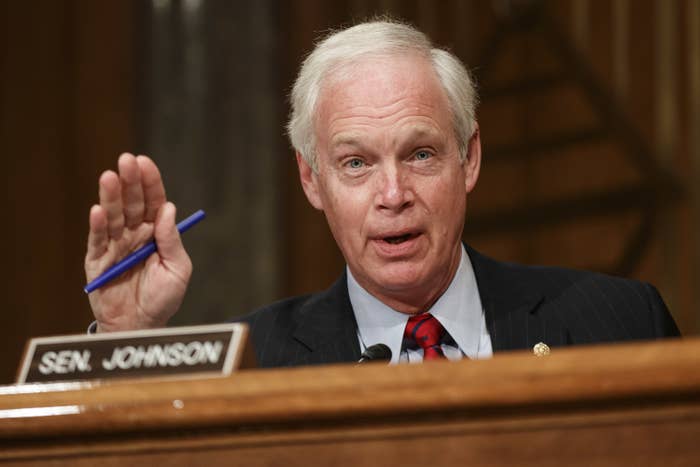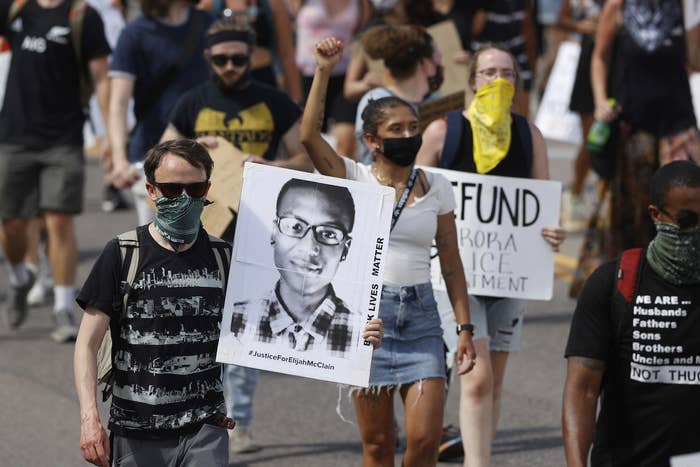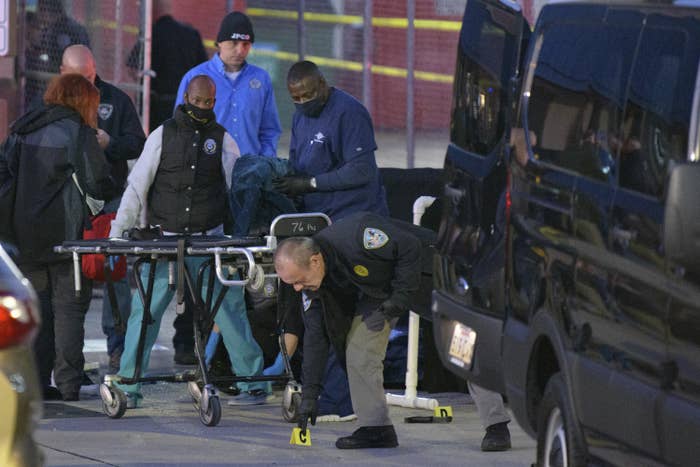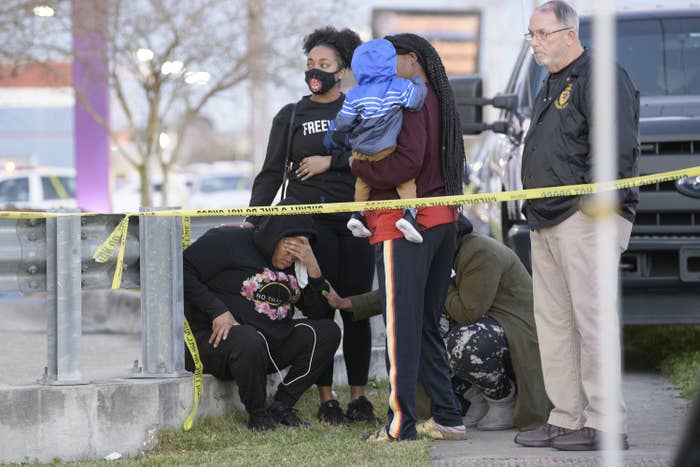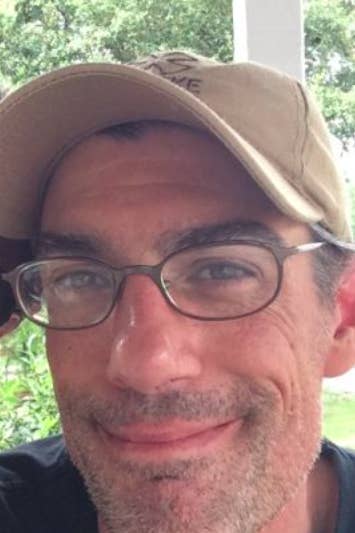Wallis Snowdon CBC

An emergency court injunction that would have maintained a last-resort treatment for Albertans suffering from the most severe forms of opioid addiction has been rejected.
The application for an injunction was filed by 11 Albertans struggling with severe substance abuse.
If granted, the injunction would have prevented all injectable opioid agonist treatment (iOAT) patients from being denied the treatment until a lawsuit triggered by the provincial government's decision to discontinue funding for the program concludes.
"The impact on the plaintiffs of the province's planned changes to iOAT will be minor," reads a decision issued by Edmonton Court of Queen's Bench Justice Grant Dunlop on Thursday.
The lawsuit filed last year against the provincial government argues that discontinuing the program would be dangerous for clients who relied on the program.
The statement of claim, filed Sept. 30 in Edmonton Court of Queen's Bench, argues cancelling the treatment infringes on patients' charter rights by putting their lives and personal security in peril, and amounts to discrimination. None of the allegations has been proven in court.
Edmonton lawyer Avnish Nanda, who is representing the plaintiffs pro bono, argued that ending the program would force clients to once again resort to using street drugs, a supply which has become increasingly toxic since the pandemic began.
He said it may have been difficult for the judge to understand the life and death challenges of addiction.
"It's disappointing," Nanda said in interview Friday. "There is no doubt that people will die from this decision."My concern is that more patients will die while this takes four to five years to litigate."
He said his clients are worried about what the decision will mean for their treatment.
"These are real people ... and just the indifference of this government to their lives, and the lack of real remedies from the court, it just indicates to them, my clients, that their lives don't matter."
Nanda said the province has promised that treatment for his clients will remain largely unchanged but the details of that new medical service remain unclear. With iOAT clinics set to close next month, he's deeply concerned.
"The court said the alternative model is good enough, but that model is hypothetical. The is no funding in place," he said. "That's what raises real alarm bells for me; ... there are no specific details on what is going to happen."
Following a hearing on the injunction on Feb. 10, Dunlop had reserved his decision on the case. In his decision issued Thursday, Dunlop said Nanda fell short of effectively proving his case.
"I find that the planned changes and their effect on the plaintiffs are minor," Dunlop said in his written decision.
"While there is an argument to be made that those changes will breach one or more of the plaintiffs' charter rights, the plaintiffs have not established that they will suffer irreparable harm as a result of those changes."
Injectable opioid agonist treatment — which allows patients to inject hydromorphone, a medical-grade opioid three times daily under the supervision of a nurse — is offered only when all other treatments prove ineffective.
Clients enrolled in the program are also provided access to a variety of services including psychological, financial and housing supports.
Clinics in Edmonton and Calgary offering the treatment are set to close March 31 when their provincial funding runs out.
The clinics were set up under a two-year pilot program announced by the previous NDP government in late 2017. The Calgary clinic opened in October 2018. The Edmonton clinic opened in May 2019. Together, they once served more than 200 patients.
A $14-million grant for the program was set to expire in March 2020 but the United Conservative Party government, elected in April 2019, renewed it for another year to transition patients to other forms of treatment.
The province has said it expects that all patients will be transitioned out by the end of March and will still be provided access to injections at provincial clinics. Court heard that a funding application had not yet been made for the new treatment program.
The details of that treatment were revealed for the first time during the injunction hearing on Feb. 10.
Court was told that clients will still be supplied with injectable hydromorphone through Alberta Health Services at 10 opioid dependency program (ODP) clinics across the province.
Lawyers representing the province asked that the application for an injunction be dismissed, arguing that access to treatment for users of the program would remain largely unchanged.
"On the evidence before me, none of the plaintiffs will suffer any serious harm from the changes planned by the province," Dunlop wrote.
"The evidence does not establish a high probability that the changes will cause death or serious health consequences for any of the plaintiffs. At worst, some ... may postpone or miss some primary care because of the combination of the time required to receive opioid injections and other challenges they face connected to their opioid use disorder.
"In addition, there is a possibility of minor inconvenience, such as having to go further afield to access some medical services than they presently do at the iOAT clinics. In combination, the likelihood of the harms and the magnitude of the harms do not amount to irreparable harm."
The originating lawsuit details the lives of 11 addicts, each consumed by their own trauma.
Some experienced childhood abuse and homelessness, and have cycled in and out of foster homes, prison cells and treatment facilities. Some have overdosed numerous times.
One plaintiff, Taylor Anthony Maxey, 31, shares a similar cycle of addiction with that of his fellow plaintiffs.
Maxey had a traumatic childhood, enduring years of physical, mental and sexual abuse.
He went on to become a competitive swimmer in his youth but suffered a spinal injury and began using opioids to dull both his physical and mental pain.
At first, the drugs were prescribed, but as his addiction deepened, he turned to street drugs. He attempted suicide, was eventually disowned by his family, and spent 10 years living on the streets committing petty crimes to feed his habit.
Maxey began the program in October 2018, and was found to have an unusually high tolerance for opioids. He requires double the recommended daily dose to keep his withdrawal pains at bay.
"With the closure of iOAT, Maxey will be unable to manage his opioid use disorder," reads the statement of claim. "No other treatment is effective.
"Maxey would lose everything he has gained through iOAT: stable housing and relationships, improving mental health and hope for the future."






